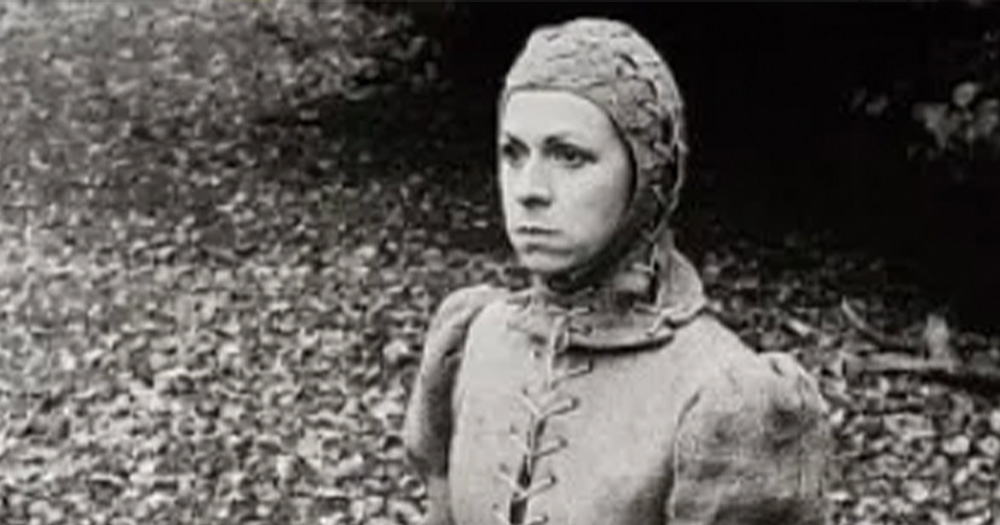November 8, celebrated annually as Intersex Day of Remembrance, marks the birthday of Herculine Barbin, born in 1838 in Saint-Jean-d’Angély, France.
Barbin’s life was representative of a complex struggle with a rigid binary system. Her story resonates deeply today as the world reflects on the experiences and challenges faced by intersex individuals.
Barbin was born to a poor family; her father died when she was young, and her education was only made possible by a charitable scholarship to a girls’ boarding school.
She found comfort in her studies and at 18, she became a schoolmistress, and fell for one of her colleagues, a romantic relationship marked by tender, yet scrutinised gestures. Kisses and affectionate nicknames soon drew the attention of both their peers and Sara’s mother, who demanded they end the visible displays of affection to avoid damaging rumours.
Despite pressure to separate, Barbin and Sara maintained their relationship in secret. But their connection faced an abrupt turning point after a doctor’s examination revealed Barbin’s intersex characteristics, a discovery that would irrevocably alter her life.
Assigned female at birth, Barbin was instructed to change her legal gender designation to male following this discovery, an order that forced her into a social role that felt foreign and isolating. She began using male pronouns as prescribed but continued to identify deeply with her feminine self, viewing this enforced change as a loss.
From the introduction to Herculine Barbin #Foucault #Philosophy pic.twitter.com/lZyb6nccCn
— Paul John Nelson (@PaulNel92101734) May 20, 2023
Barbin’s memoirs, discovered decades later in the 1970s by philosopher Michel Foucault, provided an intimate account of her life.
In his analysis, Foucault described Barbin’s narrative as one of tragic compliance with a binary construct that allowed no space for her true self. Judith Butler later referenced Foucault’s commentary in Gender Trouble, noting Barbin’s experience as a critical example of the “politics of sexual discontinuity”—the painful intersection where individuals are forced to fit societal moulds that deny their own identities.
Barbin spent her final years in poverty and isolation, enduring rejection from various jobs that required strength she lacked, even as her own writings reflected a profound sense of punishment and alienation. She died by suicide in Paris at age 30. A victim not only of circumstance but also of a society that offered no space for her to live authentically.
Her memoirs were found on a table next to her bed. In an attempt to not let the world who let her down bury her in pity, she wrote:
“You are to be pitied more than I, perhaps. I soar above all your innumerable miseries, partaking of the nature of the angels; for, as you have said, my place is not in your narrow sphere. You have the earth, I have boundless space. Enchained here below by the thousand bonds of your gross, material senses, your spirits cannot plunge into that limpid Ocean of the infinite, where, lost for a day upon your arid shores, my soul drinks deep.”
Today, Herculine Barbin’s story serves as a powerful reminder of the resilience and courage of intersex individuals. Her life and legacy call on us to challenge and expand society’s understanding of gender, offering compassion and respect to all those whose identities defy simple categorisation.
© 2024 GCN (Gay Community News). All rights reserved.
Support GCN
GCN is a free, vital resource for Ireland’s LGBTQ+ community since 1988.
GCN is a trading name of National LGBT Federation CLG, a registered charity - Charity Number: 20034580.
GCN relies on the generous support of the community and allies to sustain the crucial work that we do. Producing GCN is costly, and, in an industry which has been hugely impacted by rising costs, we need your support to help sustain and grow this vital resource.
Supporting GCN for as little as €1.99 per month will help us continue our work as Ireland’s free, independent LGBTQ+ media.
